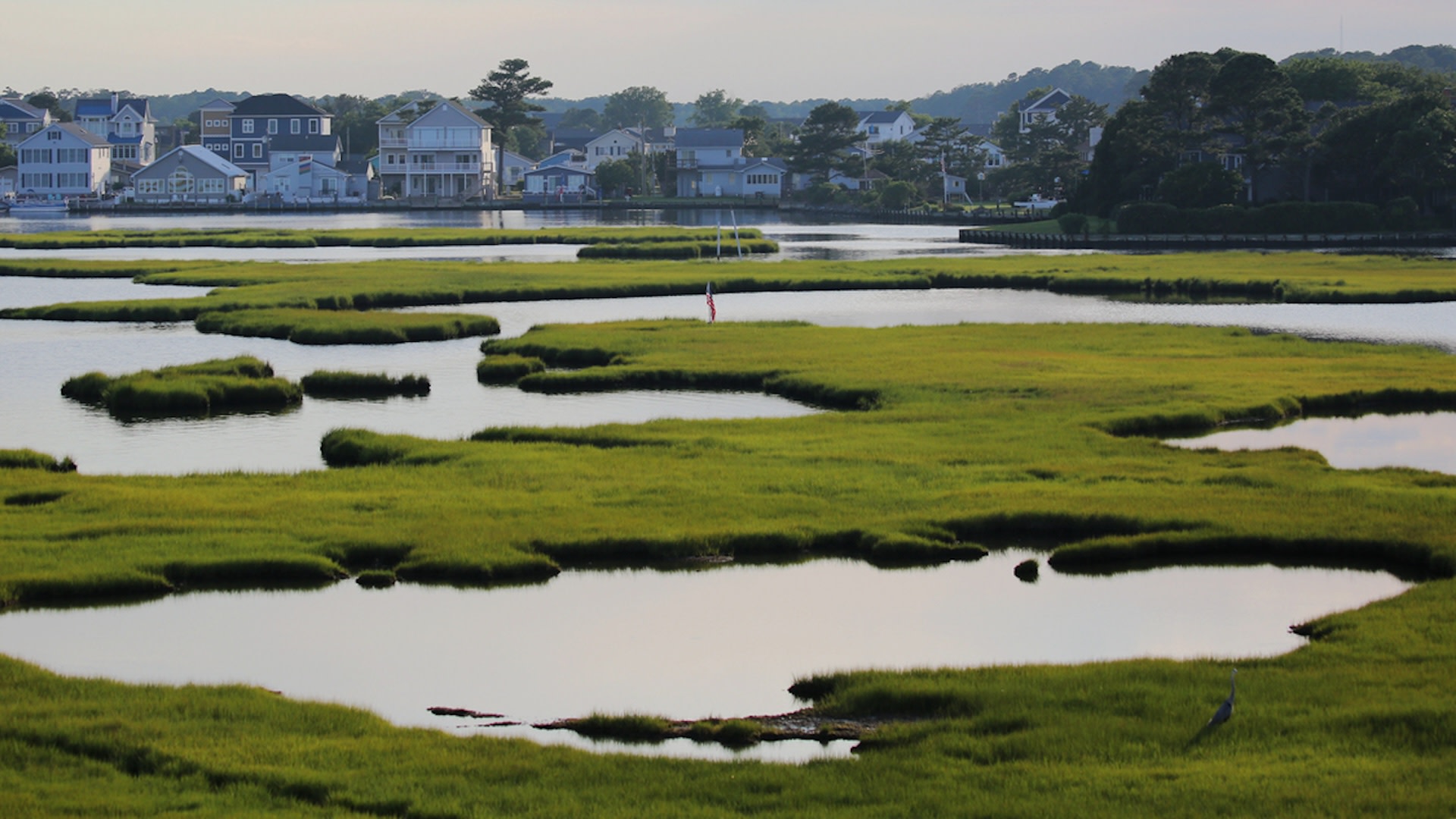The last state in the mid-Atlantic region without wetland protections has introduced a bill to change that, according to Delaware Online.
The publication reported that the Delaware General Assembly introduced Senate Bill 290 in May to protect the state's wetlands, which equal 25% of the land in the state.
There are two main categories of wetlands in the state. One is tidal wetlands, which are near a body of water, and their water levels are determined by the daily tidal cycles. The other is nontidal wetlands, which are made of freshwater and typically found in inland areas.
According to the news outlet, 75% of Delaware's wetlands are nontidal. While Delaware's Department of Natural Resources and Environmental Control evaluates the wetlands regularly, only 400 acres of nontidal wetlands are state-regulated.
The federal government has had difficulty defining what wetlands should be considered owned by the United States and subsequently protected by the Clean Water Act.
The Supreme Court decision for Sackett v. EPA in 2023 limited what wetlands could be protected. This decision left wetlands at risk of dredging, development, and other activities. For Delaware, that meant that 75,000 acres of nontidal wetlands were no longer protected, per Delaware Online.
These wetlands don't include the damaged or lost ones. Over the past 200 years, half of Delaware's wetlands have been lost.
Senate Bill 290 would have the DNREC create a statewide nontidal wetlands program similar to what's in place for tidal wetlands, per the news report. Before an organization could make any development, drilling, dredging, excavation, or other activities, a permit would have to be given by the secretary of the DNREC. Activities exempt from this include hunting, fishing, farming, mosquito control, and similar activities.
Protecting these lands is vital because healthy wetlands benefit communities during storms by acting as a barrier to coastal flooding, filtering stormwater, and protecting communities from harmful bacteria and runoff.
Delaware's wetlands are not the only ones that need help. Maryland's wetlands are at risk of being submerged by rising sea levels.
If you live near wetlands, you can use your voice to get policies passed similar to Senate Bill 290 to protect them.
The sponsor of the bill, Rep. Debra Heffernan, chair of the House Health & Human Development Committee and House, told Delaware Online: "As our communities continue to deal with increased flooding, drainage issues, and habitat loss, protecting our remaining nontidal wetlands — one of our state's most valuable ecosystems and assets — is more important now than ever."
Join our free newsletter for cool news and actionable info that makes it easy to help yourself while helping the planet.









